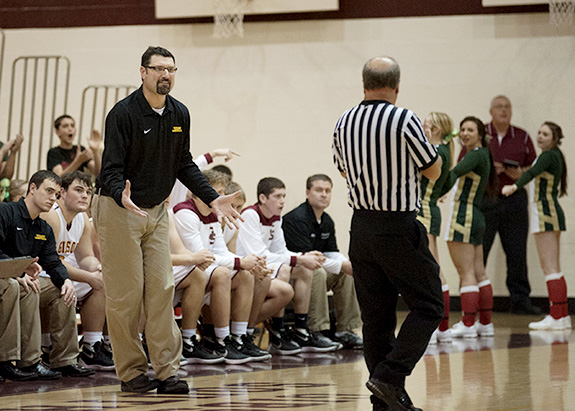NFL Players May Be At Higher Risk for ALS
Professional athletes who play American football appear to have a higher-than-average risk for developing and dying from the neurological disorder amyotrophic lateral sclerosis (ALS), and that risk may increase with more years on the field, according to a U.S. report published last week.
Diagnoses of the neurodegenerative disease, and rates of death from it, were each four times higher in the athletes than in the general U.S. male population, according to the study of more than 19,000 former and current NFL players who debuted between 1960 and 2019 and played at least one professional game.
The athletes were tracked for an average of 30 years after they started playing in the NFL. During that time, 38 received a diagnosis of ALS, and 28 died of it, the researchers reported in JAMA Network Open.
Those diagnosed with the disease had played pro football for about 2.5 years longer than those without ALS, suggesting an association between the duration of NFL play and the disease, the researchers said.
The study could not identify the specific factors responsible for the higher rate of ALS in the players, however.
“The vast majority of cases of ALS are sporadic, meaning we don’t know what caused the disease. This study provides further evidence that repetitive head impacts or concussion might increase risk of ALS,” said the study’s leader, Daniel Daneshvar of Harvard Medical School in Boston.
ALS is an invariably fatal neurologic disease in which the nerve cells that control movement progressively degenerate, leading to paralysis and death from respiratory failure. It is diagnosed in about 5,000 Americans each year.
Limitations to the study included the fact that researchers did not have access to players’ medical records and had to depend on data collected in the past for other purposes.







